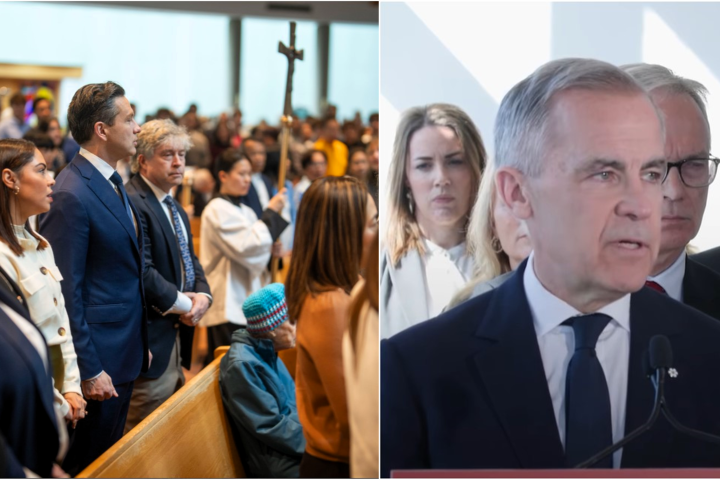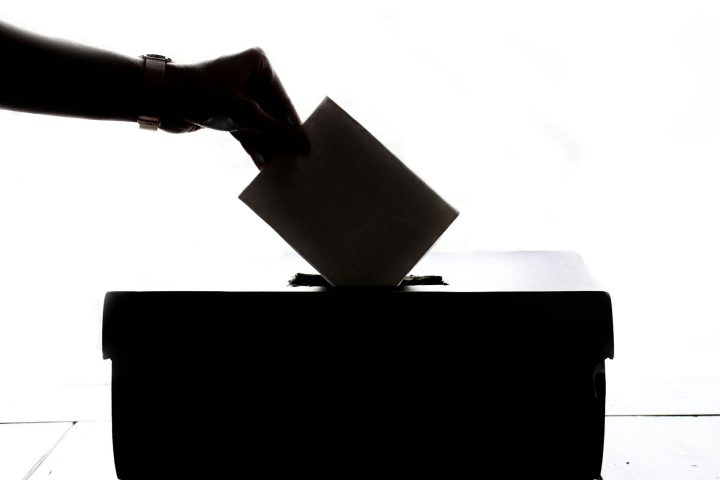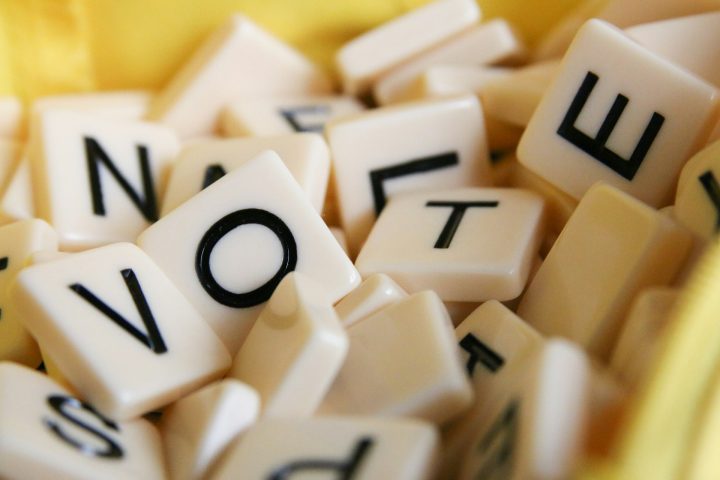In the seventh of a series of voters’ guides for conscience-informed Catholics, Matthew Marquardt writes that our response to the issue of climate change must be based on the Church’s prudential teaching.
People are interesting creatures. If asked, most of us will tell you that the most important things in life – aside from God, of course – are our families, our friends, the beauty of a sunny spring morning, and cool, clear autumn days of bright, coloured leaves. Many of us might also tell you that the only thing that approaches (or ought to approach) our faith in the love, wisdom, and fidelity of God, and the infallibility of Holy Mother Church, is our faith in the humanity, benevolent impartiality, wisdom, and near-infallibility of science.
How consistent is our behaviour with those sentiments? Do we walk the talk, or are our choices sometimes tinged with just a little complacency and a fondness for comfort, above even nature, beauty or family?
We are all aware by now of the increasingly heated debate raging about the environment and the effect, if any, we humans are having on it. The Pope, the Canadian and U.S. bishops’ conferences, NASA, NOAA, the Japanese and European meteorological agencies, and countless universities and non-profits (left wing and otherwise) have told us insistently that climate change is real, potentially catastrophic, and directly influenced by human behavior. Pope Francis has gone so far as to give us two specific encyclicals on the topic.

On the other hand, an increasing number of groups, including various political parties, corporations, and public interest groups, hotly deny the truth of climate change, or at least any human effect on it; and proudly claim the rightness of continuing to burn up the earth’s limited supplies of oil, coal and other things, to make energy. Several Canadian political parties, for example, justify rolling back environmental initiatives on grounds that human-produced CO2 is not pollution, but a beneficial natural gas needed by all plants, and that CO2 as a cause of climate change is an unproven theory.
Yet it really does appear, from multiple scientific sources, that since the industrial revolution and particularly since the start of the second world war, atmospheric CO2 levels are up something like 30%, to new historical heights; and that average temperatures are rising steadily beyond their customary historical cycles. It also seems clear that we have cut down a very large portion of the world’s trees. Knowing from high school botany classes that trees and other plants remove from the air carbon and other substances that won’t help us breathe, doesn’t that suggest something we ought to be careful about?
Some of us are old enough to question, based on our own lived experience, whether on average there is as much ice or snow as there used to be, even if sometimes there still seems to be quite a lot of it; or whether there really are more, and bigger, storms and forest fires than there used to be. I more orange than it used to.
One might be forgiven for concluding that common sense is telling us that something might be up.
Of course there is uncertainty. There is always uncertainty. The only thing we can really know, as René Descartes taught us, is “we think, therefore we are.” And honestly, which of us who does not head up a university or government lab has the means or expertise to know about climate change and human activity for certain?

When all is said and done, don’t we Catholics have a responsibility to listen to our Pope and bishops? They are not scientists, generally (though Pope Francis is reported to have trained as a chemist), and climate science is not subject to the doctrine of infallibility, but they are responsible for helping us understand our duties to God and His creation, our families and one another, and those who will follow us; particularly within a framework of principles like solidarity and the common good, and virtues like charity and prudence.
Even if we have lost all trust in governments and other voices that we used to regard as authoritative, what is the wise course? The prudent course? The kind of course we might adopt while helping our children cross busy downtown streets for the first time? Should we be careful with a future that belongs to other people?
Should we perhaps be a little careful, as individuals and as a country, with activities that involve putting poisons into the air, water, and ground?
People are interesting creatures.






